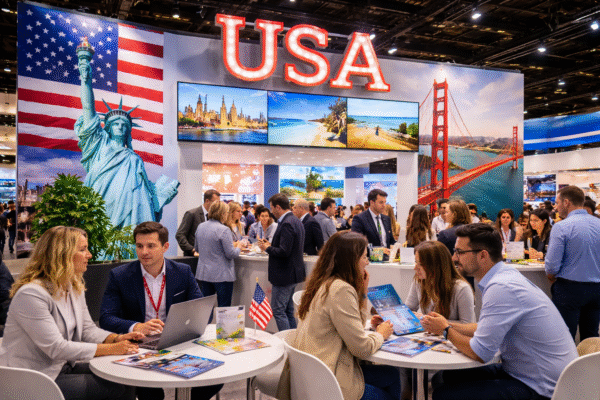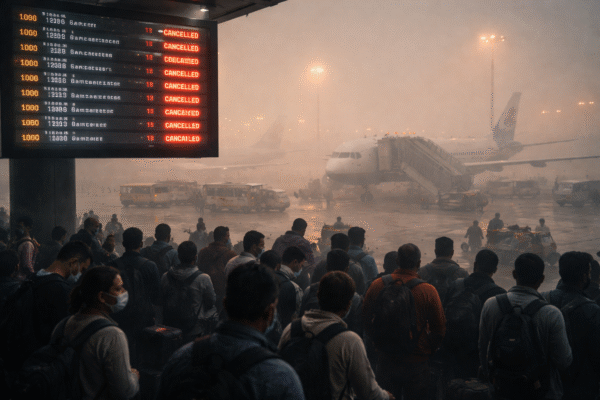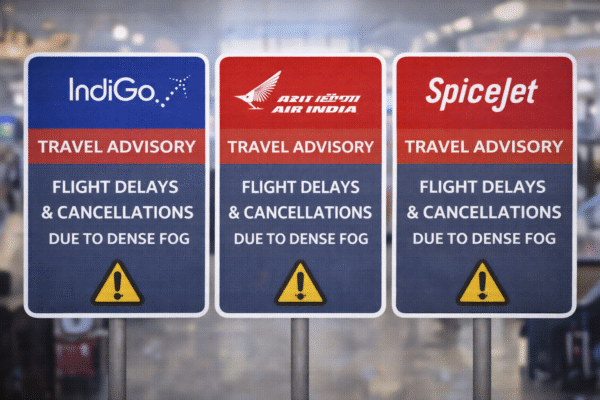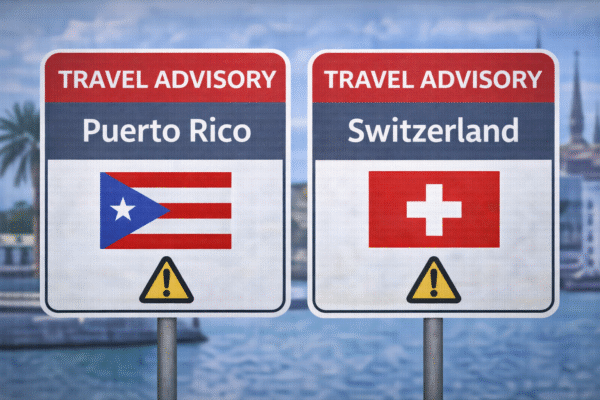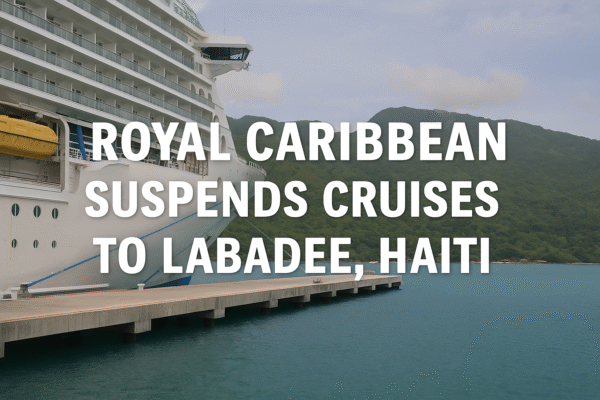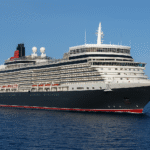The Caribbean cruise industry has entered a period of turbulence as Royal Caribbean International announced the suspension of all visits to Labadee, Haiti. This decision, effective through April 2026, follows heightened safety concerns in the country, driven by escalating violence, civil unrest, and political instability.
Labadee, a private resort destination operated by Royal Caribbean since the 1980s, has long been a highlight of the line’s itineraries. Known for its white sandy beaches, cultural encounters, and adventurous excursions, it attracted thousands of visitors annually. Now, its closure represents not only a loss for travelers but also a setback for Haiti’s fragile tourism economy.
Why the Suspension Was Necessary
On July 15, 2025, the U.S. State Department raised Haiti to “Do Not Travel” status, warning of severe risks including kidnappings, gang violence, terrorism, and lack of adequate healthcare facilities. This marked one of the strongest advisories issued for the region in years.
Kidnappings in particular have surged, often targeting foreigners and demanding large ransoms. With law enforcement struggling to maintain control, cruise passengers were at heightened risk. Given these conditions, Royal Caribbean had no choice but to withdraw, canceling 41 scheduled itineraries that featured Labadee.
For guests who had already booked, the announcement meant altering travel plans. While disappointing, the suspension underscores the cruise line’s emphasis on protecting passengers and crew above all else.
Royal Caribbean’s Passenger-Centered Response
In the wake of the cancellations, Royal Caribbean moved quickly to reassure travelers. Guests scheduled to visit Labadee were offered refunds, future cruise credits, or alternative ports of call in the Caribbean. This flexible approach ensures that vacation plans can continue without major disruption.
The company emphasized that its decision was made with an abundance of caution. Cruise executives stressed that they will continue to monitor Haiti’s security situation, and Labadee will only reopen once conditions are safe enough to guarantee a positive guest experience.
The Economic Fallout for Haiti
The economic impact of suspending cruises to Labadee will be significant. For decades, Labadee has served as a critical income source for local communities, providing opportunities for artisans, vendors, performers, and service staff. Thousands of cruise passengers each year contributed to the local economy by purchasing souvenirs, food, and guided tours.
Without this steady stream of visitors, many small businesses face hardship. The sudden halt also disrupts wider hospitality services that benefitted indirectly from cruise arrivals. Haiti’s dependence on tourism as a growth driver highlights the vulnerability of economies tied closely to international travel.
Yet the pause also provides Haiti with an opportunity. By prioritizing safety reforms and infrastructure development, the country could position itself for a stronger and more sustainable tourism revival in the future.
Regional Tourism Adjusts
While Haiti faces setbacks, other Caribbean destinations are stepping in to fill the gap. Neighboring islands such as Jamaica, the Dominican Republic, and Cuba are expected to see increased demand as itineraries are rerouted. These destinations already have strong tourism infrastructure and reputations for safety, making them attractive alternatives for international travelers.
For passengers, this means more options to explore the Caribbean’s diverse cultures and landscapes, even as Labadee remains temporarily closed. For the region as a whole, the reshuffling of cruise stops demonstrates both the fragility and the resilience of Caribbean tourism.
Safety as a Key Travel Priority
The suspension highlights a global shift: travelers now place safety at the top of their decision-making. Beyond natural beauty and cultural richness, destinations must provide a secure environment to thrive in today’s tourism market.
This is especially true in the Caribbean, a region heavily dependent on tourism. Governments and businesses alike are focusing on stronger safety measures, from improved port security to better emergency systems, to maintain global competitiveness.
Tourism Resilience Across the Caribbean
Despite Haiti’s struggles, the broader Caribbean remains the world’s leading cruise destination. Royal Caribbean, along with other major cruise lines, continues to expand its operations in the region, investing in private destinations, upgraded terminals, and new itineraries.
The setback in Labadee underscores the challenges of political instability but does little to diminish the Caribbean’s long-term appeal. With clear waters, rich cultural heritage, and a variety of safe ports, the region continues to attract millions of passengers each year.
Looking Ahead: A Time for Reflection
For Haiti, the suspension represents both a crisis and a chance for renewal. Addressing security challenges will be essential for reestablishing trust with international travelers and cruise operators. If progress is made, Labadee could once again shine as one of the Caribbean’s most unique cruise destinations.
In the meantime, passengers can look forward to exploring other vibrant islands, while Royal Caribbean works to ensure safety remains at the heart of its operations. The company’s swift action demonstrates a clear message: guest well-being comes first.
Conclusion: The Future of Labadee and Caribbean Cruises
Royal Caribbean’s decision to suspend cruises to Labadee until 2026 reflects the growing importance of safety in global travel. While Haiti faces immediate economic loss, the broader Caribbean continues to thrive by adapting to shifting demand and emphasizing secure tourism.
For travelers, the message is clear: the Caribbean remains a dream destination, but safety must guide every journey. For Haiti, the challenge now lies in rebuilding trust, strengthening infrastructure, and preparing for a day when its ports can once again welcome the world.
For more travel news like this, keep reading Global Travel Wire

